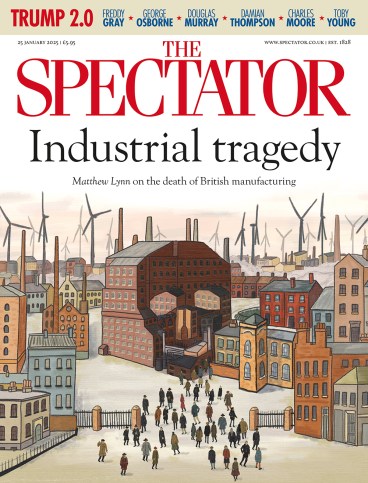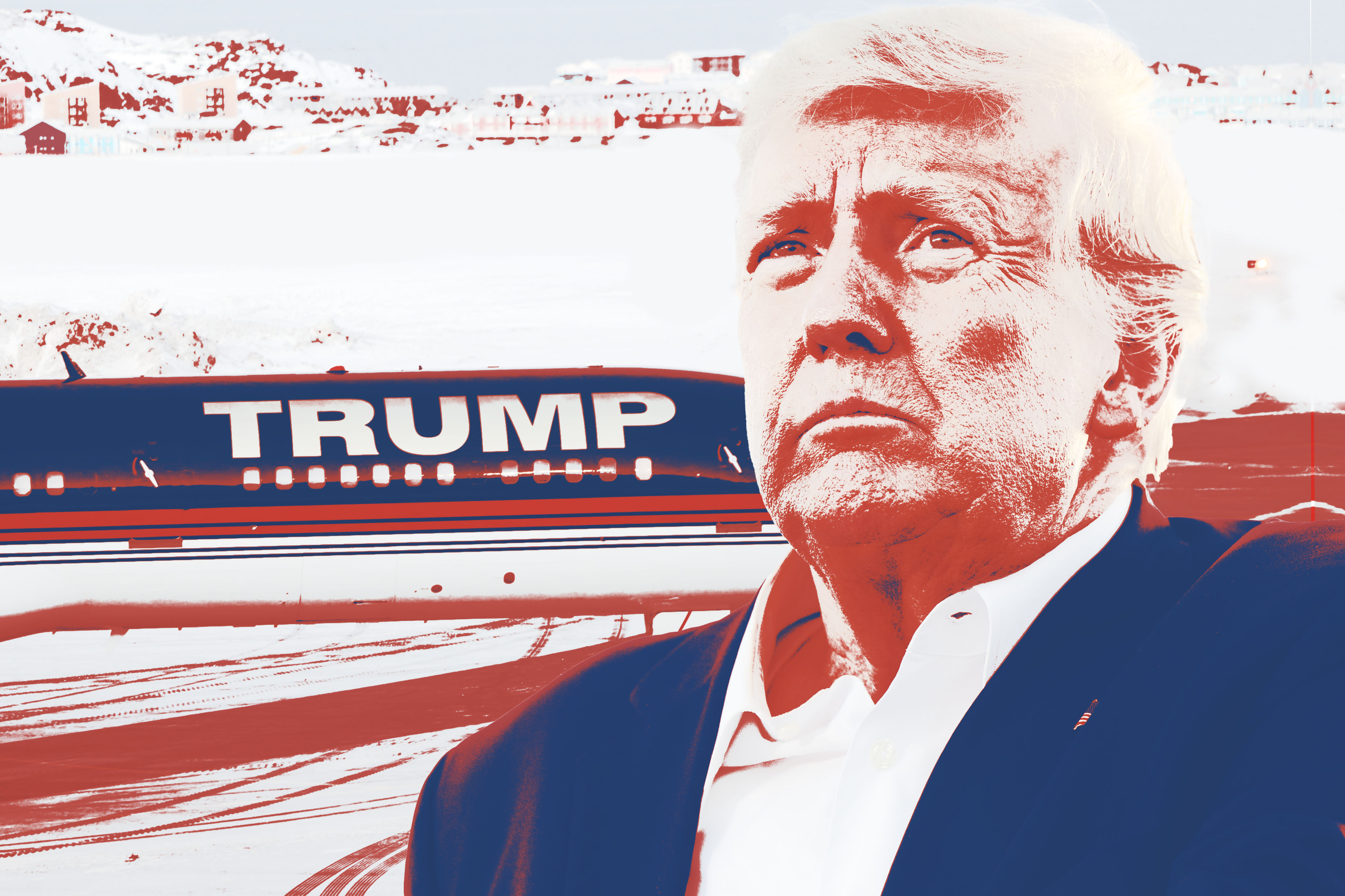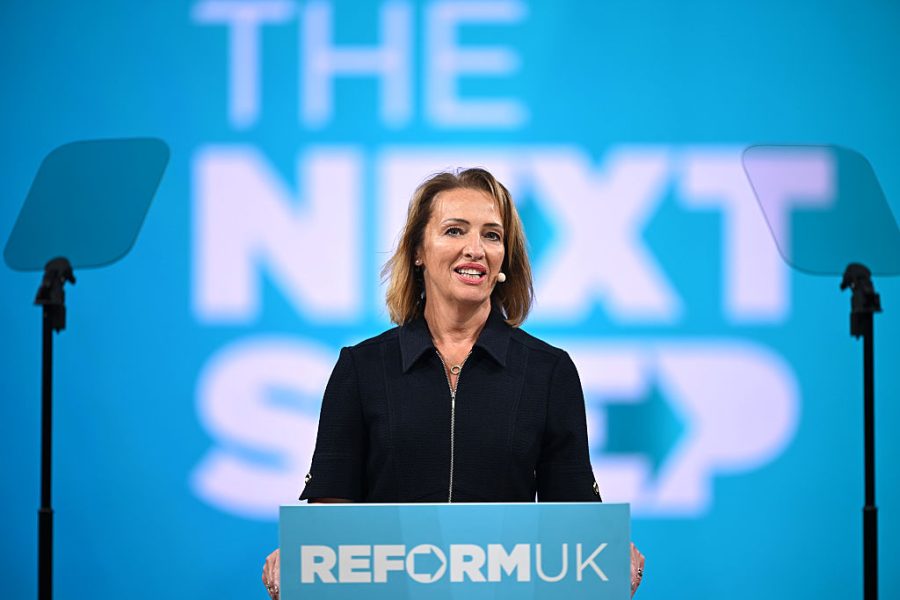
London’s capital market needs a kick in the pants, as I write every week, and ‘activist investors’ are no bad thing if they provoke sharper corporate performance. The assault by the New York hedge funder Boaz Weinstein on seven UK investment trusts – demanding shareholder votes to replace directors with his own people and take the management of the trusts into his own firm, Saba Capital – looks like the kind of intervention that might bring positive change to the UK’s historic investment trust sector, which accounts for a third of FTSE 250 companies but according to critics offers lacklustre returns, with share prices too often stuck at discounts to the underlying value of trusts’ asset portfolios (NAV).
By buying stakes of up to 29 per cent, Weinstein has already caused a narrowing of his targets’ discounts to NAV and claimed that proves he’s on the side of ‘mom and pop investors’. But the trusts – including Baillie Gifford US Growth, a long-term backer of Elon Musk’s ventures, and Herald, a respected investor in tech start-ups whose shareholder vote was due this week – have fought back, accusing Weinstein of lack of UK investment expertise and a poor track record (which he disputes) in his own fund.
They also say he’s picked on trusts with high numbers of retail investors trading through online platforms, who tend not to use their shareholder votes: so he may achieve the bare 50 per cent majorities he needs by default. My advice? Too late for Herald, but if you’re a holder of the other trusts he’s stalking, register your vote, listen to Weinstein on YouTube, and make up your own mind. I think you might conclude he’s more self-serving chancer than market hero.
Destined for Downing Street?
Regret at the departure of Tulip Siddiq as ‘City minister’ can be detected in the Square Mile only in the limited sense of irritation at time wasted trying to win support from a politician with no background whatever in finance or markets. Her successor Emma Reynolds – several times tipped in this column – is better qualified and more trusted, having previously served as head of public affairs for TheCityUK, the lobby group for financial services.
But Torsten Bell, who succeeds Reynolds as pensions minister, is regarded more warily as a policy wonk whose ideas are already fully formed rather than open to persuasion: he has previously spoken against the state-pension triple-lock and advocated both for IHT on unspent pension pots and a £100,000 lifetime limit on tax-free Isa savings. On the other hand, he has also been fingered as ‘a slam-dunk replacement for Rachel Reeves as Chancellor’ as soon as the Prime Minister decides to dump her. So perhaps Bell won’t have time to disrupt the pensions sector before destiny calls him to Downing Street.
Don’t buy Greenland
‘The art of the deal’ is President Trump’s much-vaunted modus operandi as well as the title of his 1987 bestseller. But how smart would he be to make an offer for Greenland to the Danish government? Leaving aside issues of military sites and future unfrozen shipping routes, would the currently still-frozen north Atlantic island be worth a rich price for its mineral deposits alone?
I consulted an intrepid investor who spent six years there prospecting for tantalum, a ‘transition metal’ used in capacitors for mobile phones. His answer was not encouraging. There’s no disputing the potential to find everything from gold and uranium to rare earth elements such as neodymium and dysprosium, in demand for advanced electronics. But the operating difficulties are truly formidable.
‘Half the year it’s almost impossible to work, when Greenland’s dark and freezing winter makes helicopter flying impossible. And most of the resources are under thousands of feet of ice, huge distances from any port. Outcrops along the coast or on dry mountain tops near the sea provide the best hope, but development costs are so high that only the richest deposits stand a chance of being put into production.’
Canapés of walrus blubber and cured whalemeat, washed down with fierce hooch, made local dealmaking even more challenging. On the other hand, where but this column would you find a restaurant tip from Greenland? The Disko Island hotel – says my man on a dog sled with a pickaxe – offers moose steak, fine Burgundy and a view of passing icebergs. As the ice continues to melt, perhaps Trump will develop a golf resort around it.
At my shoulder
My father would have been 100 this week. As deputy chairman of Barclays and a member of the court of the Bank of England – so wrote Nigel Lawson – ‘Deryk Vander Weyer [was] arguably the outstanding commercial banker of his generation’. On the threshold of my eighth decade, I cannot but wonder what other roles and distinctions might have come his way if illness had not forced his retirement at 63 and ended his life two years later. And of course, since I was still making my own career in banking when he died, I ask myself every week what on earth he would have thought of this column.
But then I recall that it was he who encouraged me, as a teenager, to start reading The Spectator. And that many of the themes of Any Other Business are his as much as mine, including innate financial caution, dislike of executive greed, and admiration for the best entrepreneurial risk-takers. Among those of his era he might have cited were the young Gerald Ronson, building his first petrol-station chain; Jeffrey Sterling, a shrewd survivor of the 1974 property crash who went on to chair P&O; and Ernie Harrison, a hard-partying electronics tycoon who bet the farm to found Vodafone.
As the fortunes and follies of the financial world repeat their patterns, I sense my father’s perpetual presence at my shoulder. A crew of old City comrades, his and mine, will be toasting his very big birthday.









Comments